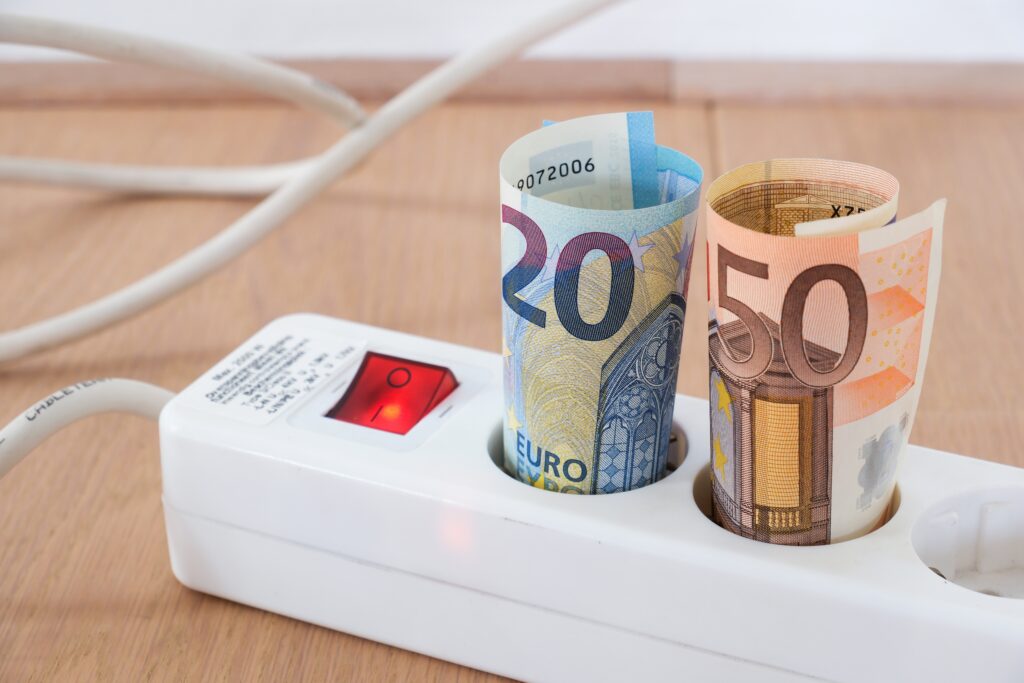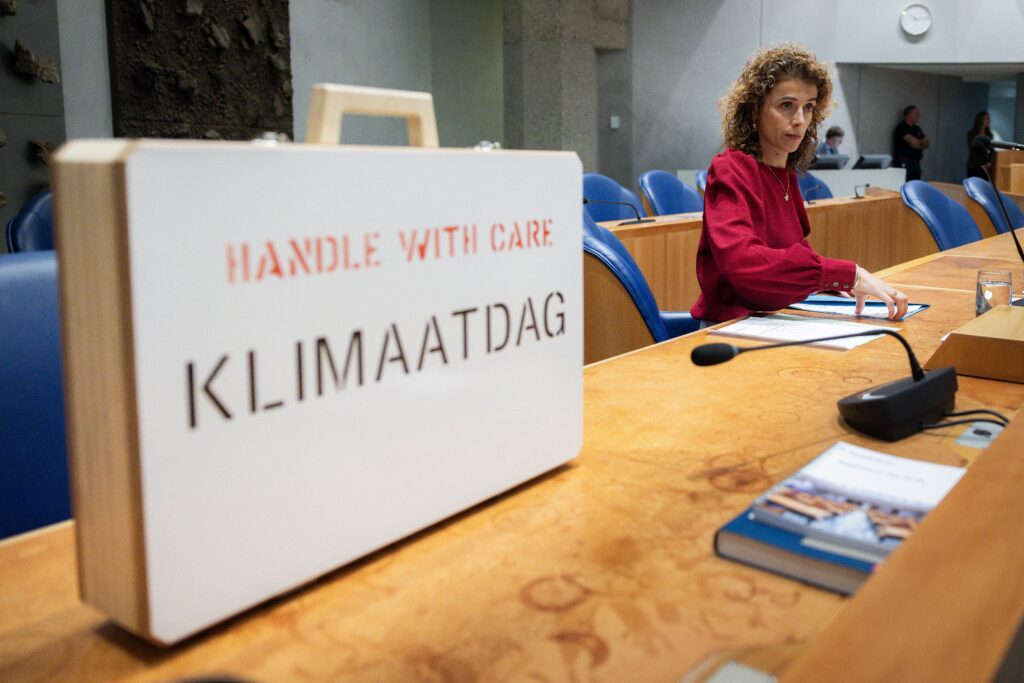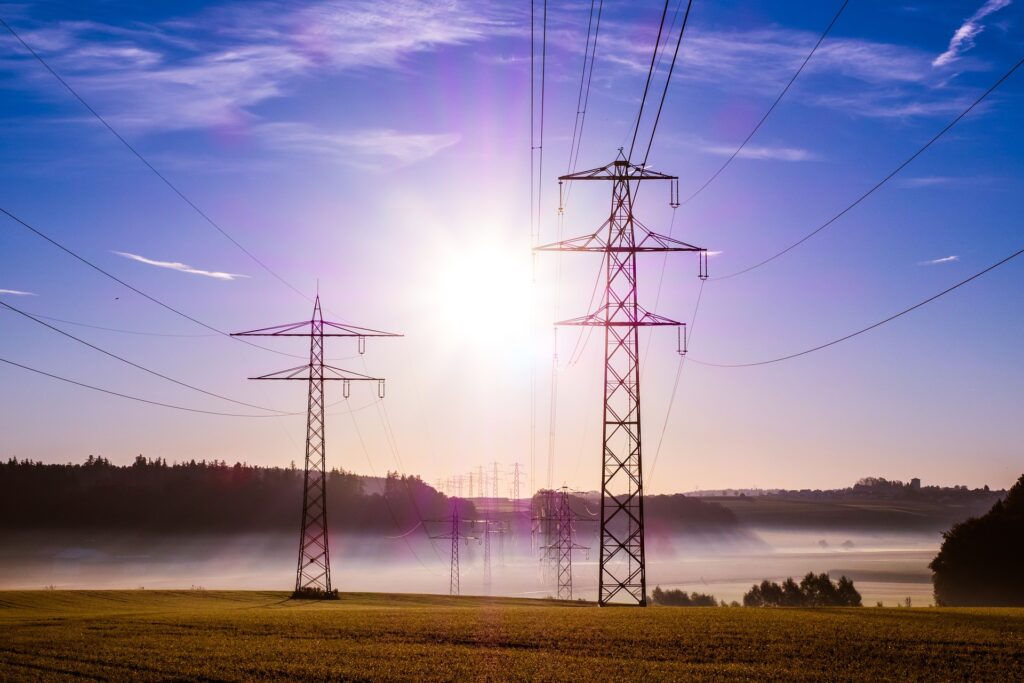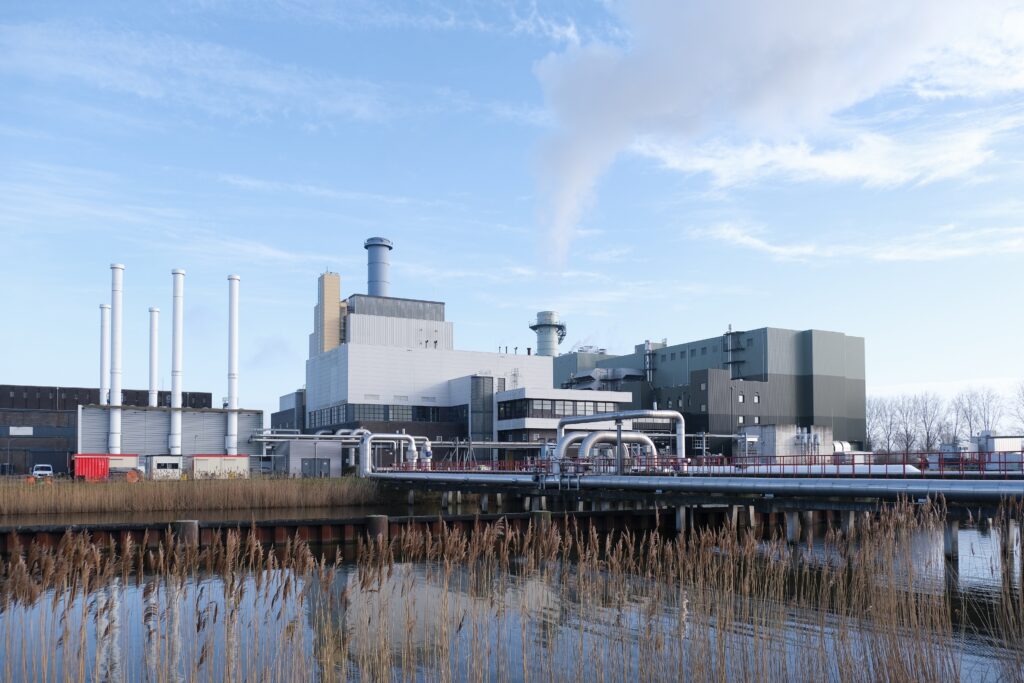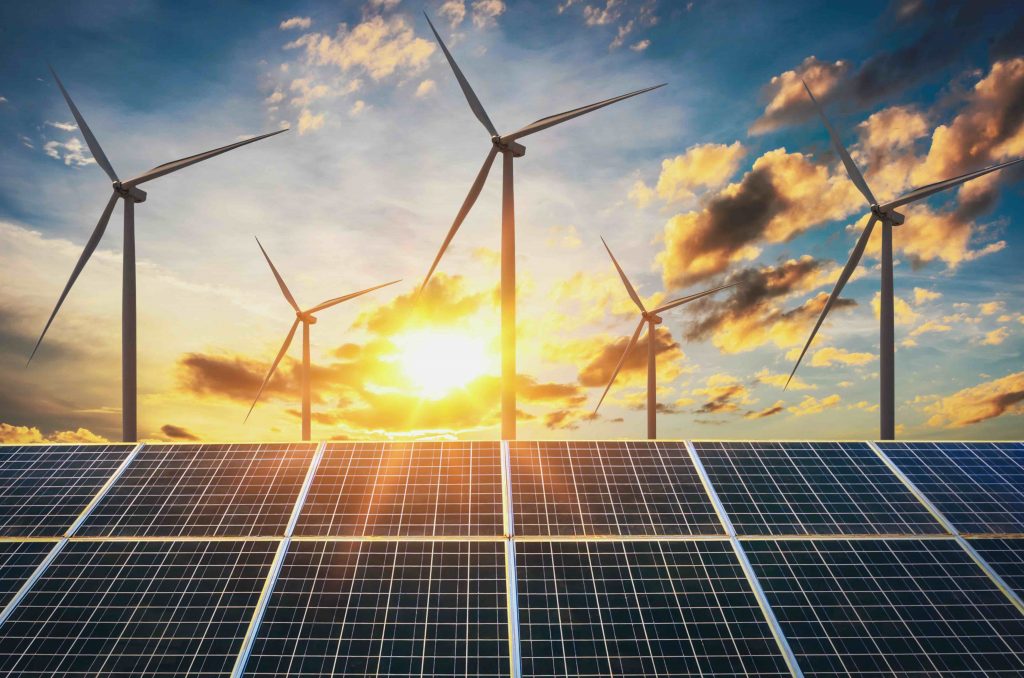To ensure that poverty does not increase for around 1 million households in the coming year, a successor to the Emergency Fund is essential. This is stated by Energie-Nederland, the trade association of energy companies.
At the end of this year, the price cap will expire; a generic measure that also lowers energy costs for households that don’t actually need it. And although energy prices have somewhat stabilized, the energy crisis is not over yet. It is expected that energy prices will not return to pre-crisis levels, making targeted support for the most vulnerable households inevitable.
Succesful
Several energy suppliers established the “Temporary Energy Emergency Fund” in the past year, funded in collaboration with the Dutch government. The government contributed €30 million, and a group of energy suppliers matched the amount. The Emergency Fund was a success: over 84,000 households submitted 167,000 applications. The processing of applications is ongoing, with approximately €41 million already distributed. The Emergency Fund considered income and the energy bill amounts for the periods of October-December 2022 and January-March 2023 when evaluating applications. Energie-Nederland urges the government to take over the implementation of the Emergency Fund.
Chairwoman Cora van Nieuwenhuizen says, “Energy suppliers don’t have access to their customers’ income data – and they don’t want it either – so customization through us is not possible. The Tax Authority does have this information, but it can’t account for energy consumption. Therefore, a successor to the Emergency Fund is the best short-term measure to provide help to those who truly need it.”
Insulation
Insulating homes, like energy conservation, is the primary measure against energy poverty. Insulating (rental) homes reduces energy bills for residents and reduces CO2 emissions. However, it takes too long to arrange this for everyone. Additionally, reducing energy tax on natural gas is not a targeted measure and hinders the energy transition: it makes insulation and the switch to a more sustainable alternative less appealing.
The war in Ukraine led to very high energy prices over the past 1.5 years. At the moment, energy prices have somewhat stabilized, but they could rise again this winter. The Central Planning Bureau (CPB) stated last week that 4.8% of the population lives in poverty. Without further measures, this could rise to 5.7% in 2024. According to the CPB, this increase is partly due to the persistently high energy prices.
The Emergency Fund is an initiative of SchuldenLabNL, the Dutch Debt Assistance Route, Eneco, Vattenfall, Essent, and Greenchoice, aimed at preventing financially vulnerable households from accumulating problematic (energy) debts last winter.

